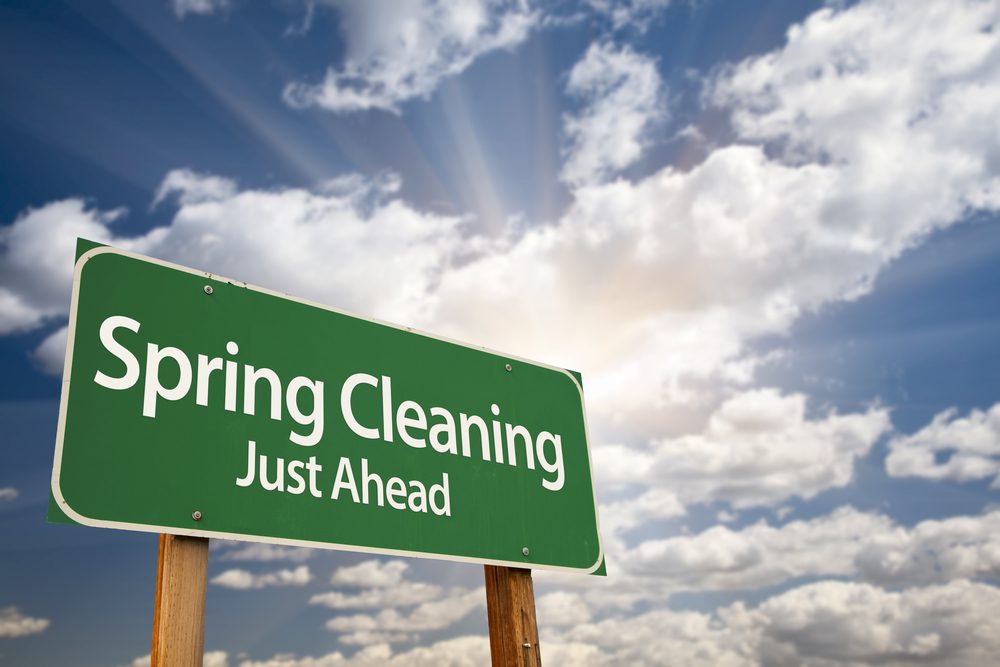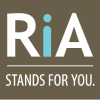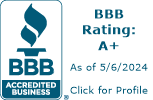Spring is here, which means it’s the perfect time to start or finish your Spring cleaning efforts. I don’t know about you, but I don’t love to keep paper files. I’ve spent years working to remove paper from my business and my personal life. While “zero” paper is idealistic, it’s not always practical. I’m sharing a few tips collected over the years in hopes you find it helpful:
Document delivery. If you’re tired of getting statements for your accounts or bills in the mail, try signing up for e-delivery instead. This will help save time and energy opening and sorting mail and having to dispose of it as well. Don’t forget to setup reminds and autopay to ensure you check statements and don’t miss a payment.
Document retention. We all know we need to hang onto certain tax, asset, and legal documentation, but sometimes the specifics can be tough to remember. Here’s a quick list of the most common situations where you’ll need to keep documentation. Please refer to our document retention checklist for more.
Income tax returns. Keep at least seven years of state and federal tax returns and supporting documentation on file. Supporting documentation includes records that prove any income (W-2, 1099s, etc.), deductions (including charitable, medical, etc.) or credits claimed. If you are claiming a loss for worthless securities or bad debt deduction, keep records for seven years.
Investment accounts or bank accounts. Depending on your comfortability with accessing these accounts and statements online, consider keeping only the latest year end statement in the file.
Retirement accounts. Retain supporting evidence of contributions or Roth conversions. If you made non-deductible traditional IRA contributions as part of the backdoor Roth strategy, file form 8606 with your tax return and retain until the account is fully withdrawn.
Debt (student loans, mortgage). Keep the loan documents until the loan is paid off. Once the loan is paid off, keep documentation proving that the loan has been paid in full.
Property (automobiles, real estate). Keep any deeds, titles, settlement statements, or bills of sale until you sell the property. For investment or rental property, maintain expense records for seven years (aligned with tax return retention) as well as improvement expenses that were capitalized (i.e. added to your cost basis) until you sell the property.
Home improvements. Keep large receipts if you anticipate selling your home for greater than a $250,000 ($500,000 for a joint return) gain at some point in the future. These improvements can increase your cost basis and therefore, reduce any capital gains taxes.
Insurance policies. Keep your original and active policies on file, as well as the latest annual or quarterly statement.
Estate plan. Keep a copy of your Will, Trust(s), Powers of Attorney (General and Healthcare), Living Will or Healthcare Directive, and beneficiary designations on file, and store the originals in a safe place.
Document storage. To reduce your paperwork, try storing these must-keep documents on your secure personal computer or cloud storage such as iCloud, Google Drive, Dropbox, TWP client portal, etc. If you store documents on your personal computer, be sure to back up your electronic files and also have firewall protection.
Document disposal. Be sure to shred any documentation that contains sensitive personal information, such as your Social Security numbers, birthdate, account numbers, email or home address, and telephone numbers. You can use a personal shredder or search the internet for local shredding events.
Password organization. How are you currently storing and keeping track of your passwords? I’ve seen many methods such as excel files, paper notebooks or memory. I recommend a better way is to use a cloud-based password manager like LastPass where you can store all your passwords in one place and only need to remember the “master” password to access them. LastPass has a random password generator to help you create complex passwords that are more difficult to hack. You can learn more about this at www.lastpass.com and expect to pay less than $5/month.
Digitize your photos. Does your paperwork include old family photos you’ve been meaning to digitize? I’ll tell you from personal experience this can be a monumental, but very rewarding project, but do not attempt yourself. Instead, retailers like Costco or online digitizing services like Legacy Box will scan and return the originals plus a digital copy that can be saved and shared much easier. These services also convert tapes and films of old movies to shareable, easy to keep files also. These services may seem pricey, but it’s a great investment into saving and sharing those priceless memories with friends and family. It also prevents loss from water, fire, or aging damage.
Inform your family. Make sure your family knows where you keep your documents and what your “master” password is in case something happens to you. This is especially important for estate planning documents. Having these conversations ahead of time will help alleviate the stress on your loved ones of not knowing what to do or where to find things.







